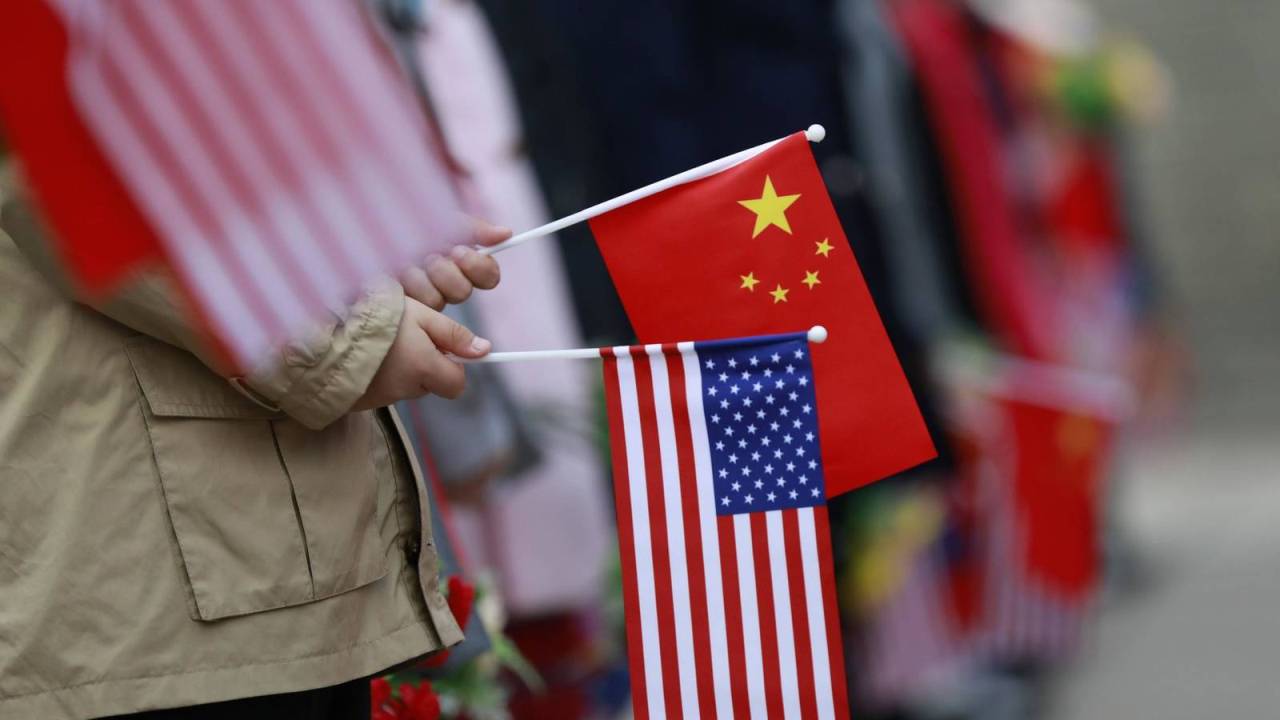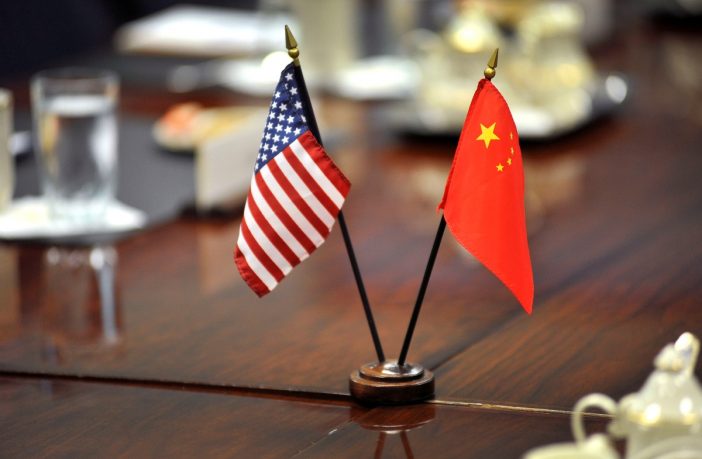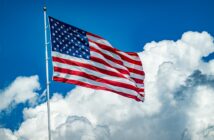United States and China trade negotiations: what factors affect their implementation
The United States and China continue to work towards resolving the trade conflict that arose over a year ago. The parties are now working closely together to create an action plan for the future meeting. According to Chinese representatives, the U.S. and Chinese trade talks are going along the same course as previously planned.
Although recent agreements have been threatened by tensions between countries, the experts hope that the planned meeting will be held without incident and that progress will be made.
The future meeting is the first phase of negotiations between the US and China. The parties should discuss important issues, including the abolition of a number of duties.
However, some experts are afraid that things may not go according to plan. The reason for such thoughts was the position of Washington, which reacted sharply to China’s policy towards Hong Kong. Before that, Donald Trump said he was considering postponing the conclusion of a trade agreement with China until the presidential elections in the United States, which will be held in November 2020. But this information was not officially confirmed, and Washington’s position remained unchanged: the first phase of trade negotiations will take place before the new duties come into force.
 President Donald Trump is openly supporting Hong Kong. He has signed a law that protects rights and democracy in the autonomy, and the U.S. has stopped supplying uniforms to local police. This decision further aggravated the situation between Washington and Beijing and adjusted the negotiation process. Some experts predict that the agreement between the countries may be delayed due to different views on the protests and the way they were resolved in Hong Kong. Besides, for the success of the planned meeting it is necessary to wait a little for China to accept the U.S. position.
President Donald Trump is openly supporting Hong Kong. He has signed a law that protects rights and democracy in the autonomy, and the U.S. has stopped supplying uniforms to local police. This decision further aggravated the situation between Washington and Beijing and adjusted the negotiation process. Some experts predict that the agreement between the countries may be delayed due to different views on the protests and the way they were resolved in Hong Kong. Besides, for the success of the planned meeting it is necessary to wait a little for China to accept the U.S. position.
According to unverified sources, trade negotiations will be held early next year, and the planned December 15 increase in tax duties will be postponed until the meeting of government representatives.
In addition to the Hong Kong issue, there are other obstacles to the agreement. First of all, it refers to Beijing’s requirements to reduce tariffs for Chinese goods imported into the States. The supply of agricultural products from the United States to China also raises questions – this process should be clearly controlled, but it is not yet clear how exactly this will happen.
But what worries experts most is how Beijing reacts to the Hong Kong law signed by Trump. China demands that the states do not interfere in the country’s domestic political affairs. According to Beijing representatives, Washington is violating the norms of international law and putting pressure on the state.




